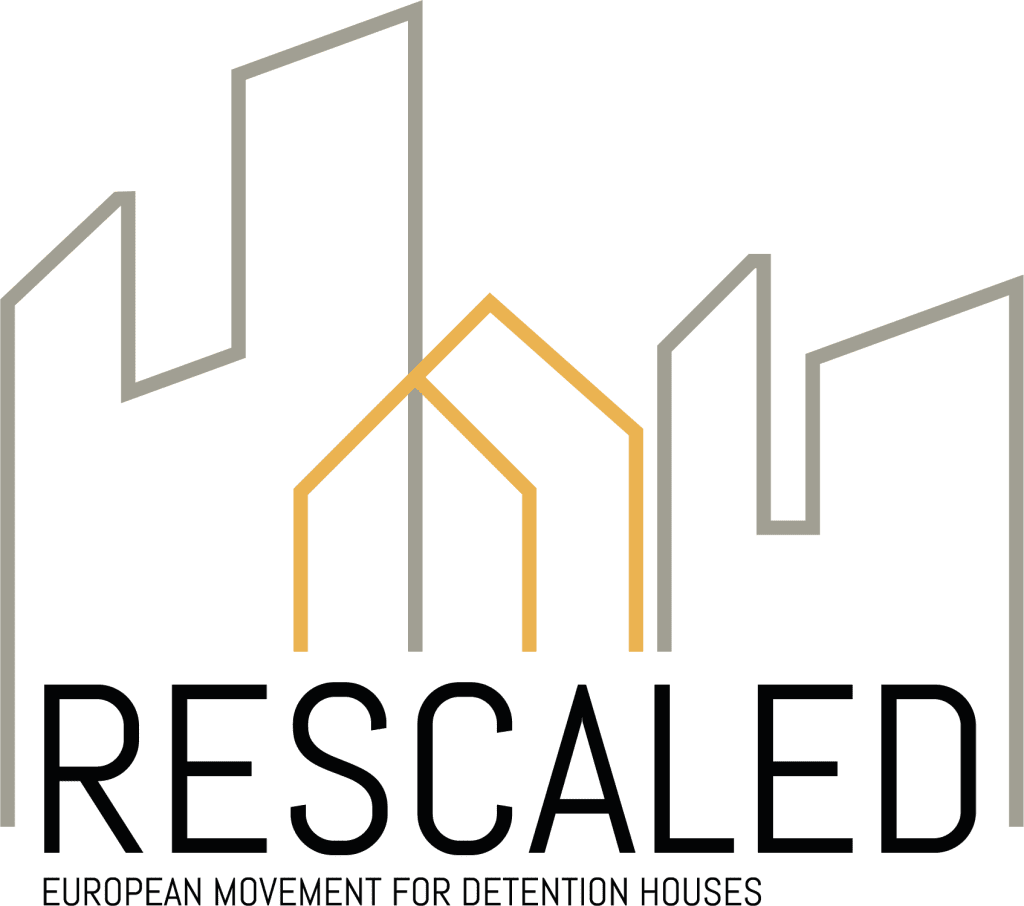There is a well-known Dutch writer, Rutger Bregman, who has written a book entitled ‘Humankind’. With this book, the writer wants to sketch a new image of humanity, creating a new paradigm in which people are good.
‘Was Jean-Jacques Rousseau right? Is it true that man is good by nature, and that everything only went wrong with the emergence of civilization?’
His answer is yes, man is good by nature, so the Enlightenment philosopher Jean-Jacques Rousseau was right when he wrote ‘Émile, ou De l’éducation’. In his book, Bregman gives dozens of examples in which individuals make the right decisions in difficult situations. In itself, this is a noble endeavor. With tear-jerking examples, he convinces the reader that in most cases humans are actually peaceful creatures.
Bregman is a child of our democratic society. He develops his theory on humankind based on classical-liberal thinking, individualism. Individualism has dominated our society for a long time and, logically, is based on the idea that an individual can fully develop in society and that every person is equal to each other. This is how the principle of equality arose in criminal law, the idea that our law should not be applied arbitrary and that it should treat every person as equal. The problem with that is that humans are not equal. We live in a deeply socially unequal society. Our criminal justice system was also born from this inequality. Is it surprising that our entire criminal justice system is largely made up of white professionals, judges, lawyers and people in prisons are predominantly from different cultural backgrounds? In prisons, individualism translates into all kinds of courses that focus on the dysfunctional individual. Someone is mentally ill, low literate has too little knowledge and capacities, etc. Help and support is quickly limited to ‘improving’, or ‘resocializing’ an individual. And rarely is a situation viewed holistically, or rarely do government agencies take responsibility for creating a “bad” situation that drove an individual to act. In the Netherlands, the government is the largest creditor of people in detention, this concerns health insurance, etc.

The ironic thing about Bregman’s ‘new’ view of mankind, that human beings are good, is that it is nothing new. It is a continuation of an old paradigm born out of religious morality, dichotomous thinking, namely that man is either good or bad. Strikingly, it is the Bible itself that implicitly argues against our modern criminal justice system. The prohibition on eating the apple of the tree of the knowledge of good and evil. God forbade Adam and Eve to eat an apple from this tree. I like to think because human beings are not supposed to judge about one another when it comes to what is good and what is evil. At the same time, this is precisely what our entire criminal justice system is designed for, condemning individuals to punishment. A crime is reduced to that one act of that one person. We only take the circumstances, the social network, or socio-economic situation into account as a backdrop when determining the person’s sentence. As if the circumstances are a still life in which that one person can be judged against a scale from good to evil. In this sense, justice is linear, a one-way route on a scale. The legal system should not be dealing with the individual morality, the individual’s ‘good or evil’, but should serve as an in-between space that balances the network of political, social, and cultural relations. Simply put, crime arises from the person AND the situation. Punishment is not central, but the consequences of the choices made by our legal system. Currently, we only look at one side of the story, nature. How about nurture? How does society deal with social issues and to what extent do we criminalize certain issues that could just as well be defined as a social problem that requires a social solution? To what extent can you hold the person responsible and to what extent has society been responsible for not solving structural social problems? This kind of reasoning might sound extreme to some people, but so was the idea that the Earth was round. It is time for us to take responsibility. If we want to reduce the widespread social inequality in society we will need a legal system that does no longer place the consequences of social inequality on the shoulders of individuals but addresses the inequality itself. Just as we can design our economy in a circular manner, we can also redesign our legal system towards circular justice. Circular justice can be defined as the process of exercising group autonomy with the aim of reaching social equity within society. This cannot be done overnight, but step by step. However, that starts with daring to choose a different horizon, a new future when it comes to a fair legal system.
With the RESCALED movement, this new future is in sight. With the small-scale detention houses, we want to move beyond the paradigm of individualism, based on the old-fashioned ideas of philosophers like Rousseau. You cannot raise a person outside of society to become a perfect person and then expect it to be the same person upon re-entering society. Instead, in detention houses, we assume that people are defined by their immediate social structures, the people they associate with, and the socio-economic context in which they live. We all take responsibility for our neighbor, justice is circular.



